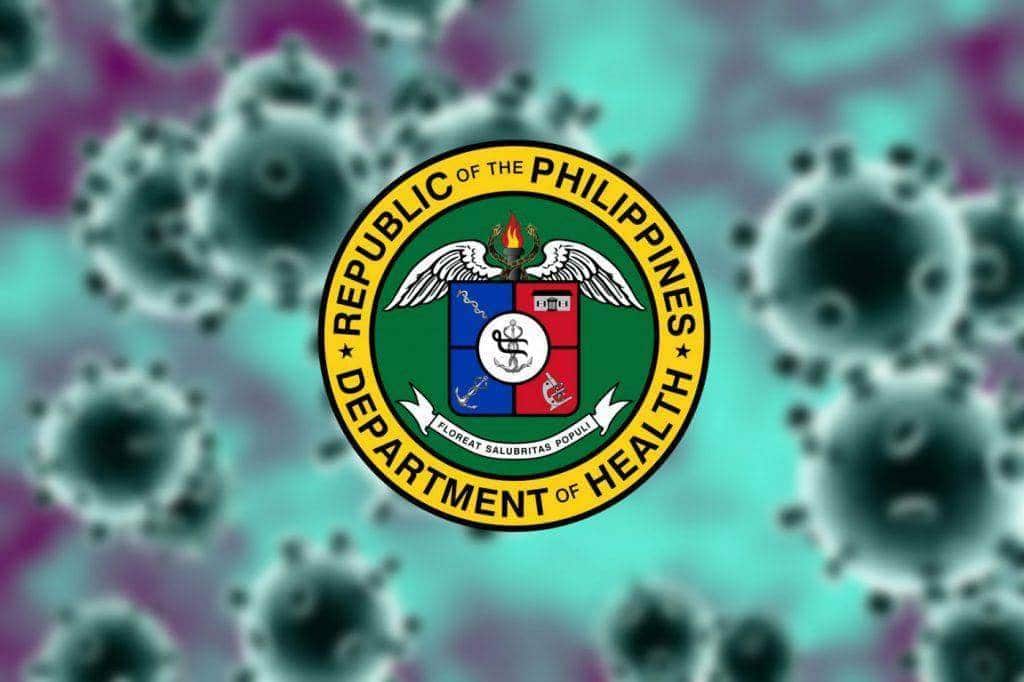DOH cautions against 'WILD' diseases amid climate transition
The Department of Health (DOH) on Wednesday, May 22, warned the public against diseases they are prone to during the country's climate transition to rainy season.

In the “Bagong Pilipinas” interview with PTV, DOH Assistant Secretary and Spokesperson Albert Domingo pointed out the importance of taking precautions against the risks of waterborne illnesses, influenza-like illnesses (ILIs), leptospirosis, and dengue fever (WILD).
Waterborne illnesses, such as food poisoning are a major threat, especially when contaminated water is ingested.
“When our water is contaminated with microbes, what happens is what we call gastroenteritis,” he explained.
To prevent this, he recommended boiling drinking water for two minutes before consumption.
“So what preventive measure if we are not sure about our drinking water, nothing will be lost if we boil it for two minutes. When the water starts bubbling, let's time it for 2 minutes, let it cool after, then drink it,” Domingo said.
The health official also highlighted Influenza-like illnesses as a concern caused by changes in humidity and air quality.
“The change in weather can cause more people to experience colds and sore throats,” he said.
Domingo pointed out that even Covid-19 can be mistaken for these symptoms, but with accessible antigen tests, individuals can determine if they are experiencing the virus or not.
The third one is leptospirosis, he said, is another disease that people should be wary of during this period.
Typically found in floodwaters and mud, the official underscored that it can be avoided by immediately cleaning and drying oneself after exposure.
Lastly, as rain intensifies, it is crucial to be aware of potential breeding grounds for mosquitoes.
He explained that as water accumulates in vessels at home, gutters on roads and other surfaces can collect water and attract mosquitoes which can result in Dengue fever.
To prevent this accumulation and subsequent mosquito egg laying, Domingo emphasized that keeping accumulated water under control is important so that mosquitos stop laying eggs.
“It's crucial to practice self-protection measures when collecting rainwater or using mosquito repellents to prevent breeding grounds for mosquitoes,” he added.